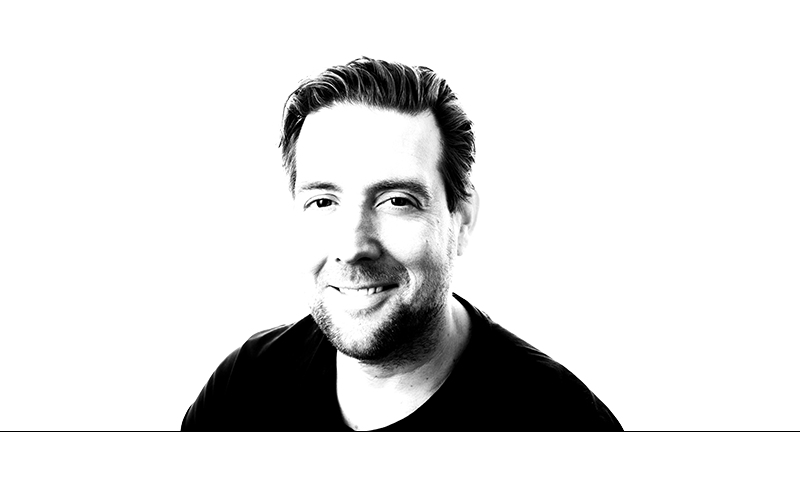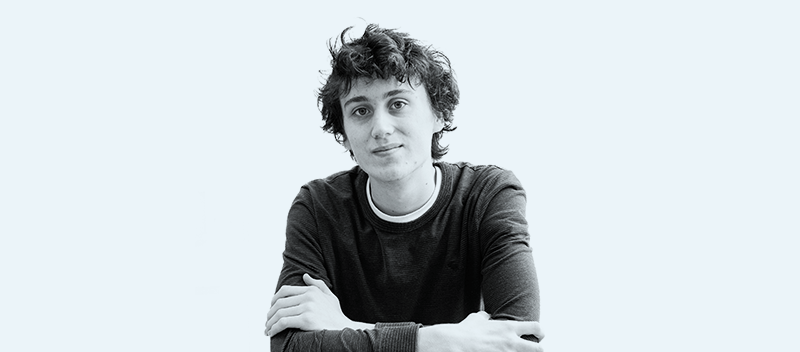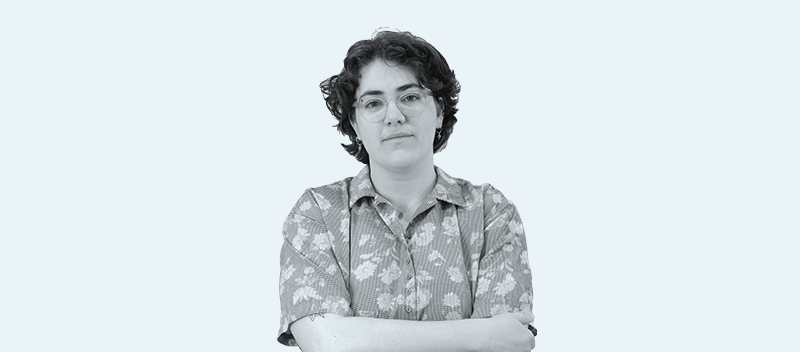When I had my first proper statistics lesson in secondary school, we had to manually calculate the Z-score to determine whether something deviated within a normal distribution. We had a special p-value booklet full of endless tables in which to look up the correct p-value based on your Z-score.
One thing that won’t change is that we are training people to think scientifically
That value tells you whether a sample outcome is statistically significant. With the advent of graphic calculators, the fear was that if pupils and students just got the p-value from their calculator without looking it up manually, they wouldn’t understand what they were doing.
When I was a student and software came on the market that automatically saved references and turned them into a correct bibliography, the fear was that students would no longer learn to process literature properly.
When I became a vet and diagnostic software came on the market, the older veterinarians were afraid the new generation wouldn’t learn the art of clinical reasoning as well.
Now that I am a teacher myself, and I hear people around me express concern about students using ChatGPT, those old examples spring to mind. Innovation and technology will always ensure that students get a different education than their teachers did. And rightly so! Artificial intelligence will change our lives in many ways, and that is happening fast now, but in the end, it is also just a bunch of tools that we must learn to deal with.
One thing that won’t change, after all, is that we are training people to be able to think scientifically and weigh things up based on argumentation. From now on, students will probably no longer be required to produce text from scratch, but will learn to edit a first draft generated by a large language model (LLM). What’s wrong with that? I don’t miss my p-value book anymore when I run an analysis in python either.
I reckon every generation thinks it is living in the most interesting times ever, in which developments are going far too fast. But I’m hoping for even more innovation and smart students who can deal with those developments. By the way, this column has been written the old-fashioned way, starting with a blank page… for now anyway.
Guido Camps (39) is a vet and a researcher at Human Nutrition and OnePlanet. He loves baking, beekeeping and unusual animals.

 Text Guido Camps
Text Guido Camps 

